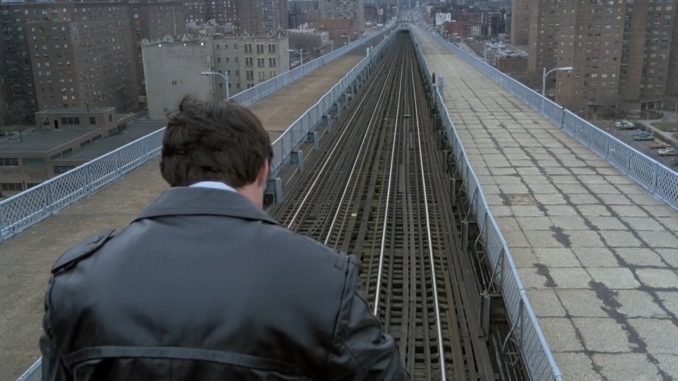
As a script writer for hire and highly in demand script consultant, I finally caught up with Sidney Lumet’s Prince of the City this week, and it didn’t disappoint.
The late great Sidney Lumet was one of the most prominent directors of modern ‘police procedural’ films. These films were often based on very real cases ‘Serpico’ being the prime example. This film is based on a real case, and the authenticity is very evident.
Like ‘Serpico’ this film fallows a police officer who wants to expose the corruption in his own department, but in this film the cop wants to do it, without affecting some of his friends and former partners. This is agreed in principle at the outset, but becomes a major issue as the corruption investigation nears trial.
Unlike Serpico, the cop in this instance admits that he too, at various times had been ‘on the take’ and involved in illegal activity, for him, it was part of the job, and he confesses to various indiscretions prior to the investigation into corruption taking place. What he admits to do doing is just the tip of the iceberg.
During the course of the investigation, we also learn that the cop in question has strong ties to the New York mob, including a cousin high up in the mafia. As corruption is exposed, the noose begins to tighten around the cop, his former partners and friends and his family.
This is a long, involved film; it has been described as an almost Shakespearean tragedy. There are over 100 speaking parts in this film and alongside a very good performance from Treat Williams in the lead role, we also meet many other real life characters portrayed by some very good actors (look out for, amongst others Lance Henriksen, Bob Balaban, Richard Foronjy and the great Jerry Orbach).
The film makes some very salient points about police work and corruption and about the difference between a dirty cop and criminal, and how each should be investigated differently. At times, it also reminded me or a ‘Hammer horror style witch hunt’, with cops dunked into a river to see if they live or die.
Lumet takes us into late 70s New York, a dirty, dangerous and harsh place. He chooses locations not seen in most New York films. And for fans of New York on film and cop movies, this film has very real historical cross reference with ‘The French Connection’ and ‘American Gangster’ (all three films would make a great triple bill). Its fun to watch the films connect together historically at various points.
Finally, the film is a long slow tragedy, engrossing and well acted. The most affecting scene is a cop walking to his back garden and screaming into a fence post as he hears the latest news in the investigation. The past has caught up with them, they were cops not criminals, most of the police under investigation had excellent career records, but by being ‘on the take’ at any time in their long careers, they ended up on the other side of the fence and were treated as crooks.
See the film if can – its also worth noting that Brian DePalma worked on early drafts of the script as a potential project for himself as a director (there’s a scene or two that might remind fans of DePalma’s ‘Blow Up’ in here too – especially concerning wire taps).
Matthew Cooper has been a script writer for hire, UK Script editor and UK script consultant for over 20 years. He’s written for most of the UK soaps, including writing award winning episodes of Emmerdale, EastEnders, Hollyoaks and Family Affairs and has been BAFTA shortlisted and Royal Television Society nominated as a script writer. His UK script coverage service and script development service are highly sought after.
You can find some of his broadcast credits on the IMDb.
You can contact Matthew directly to purchase his ebook The UK Soap Opera Script Writers Handbook.
His directorial debut, the rubber reality horror thriller Markham will be released in 2020. You can find out more about Matthew’s work as a director here.
You can get in touch with Matthew on matcoop23@yahoo.co.uk.
